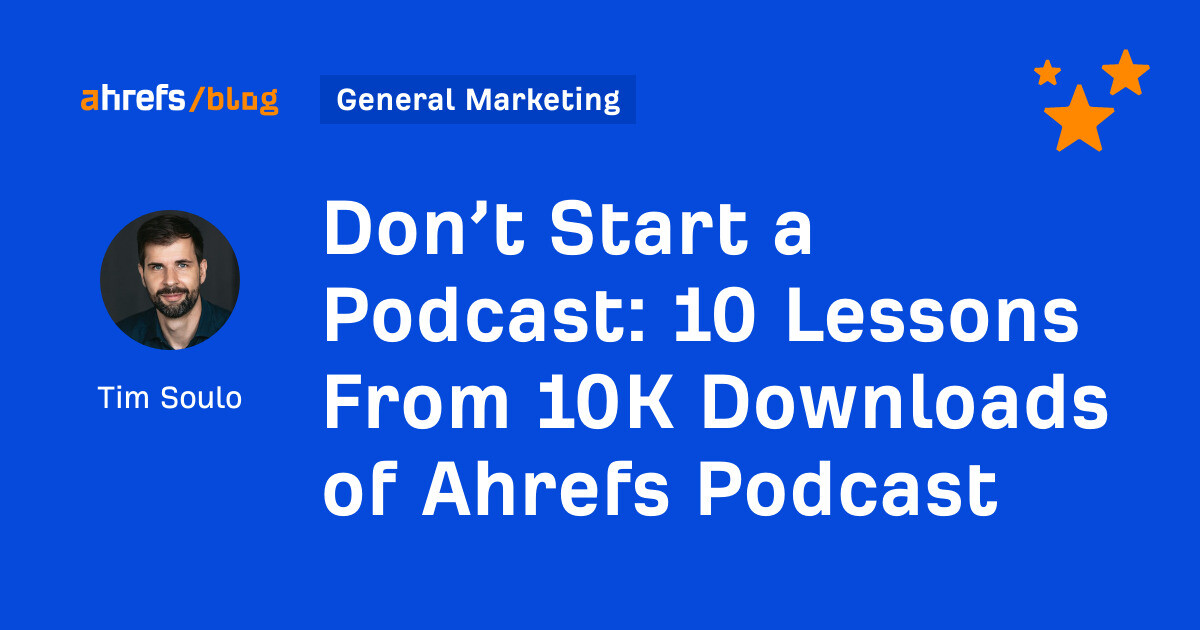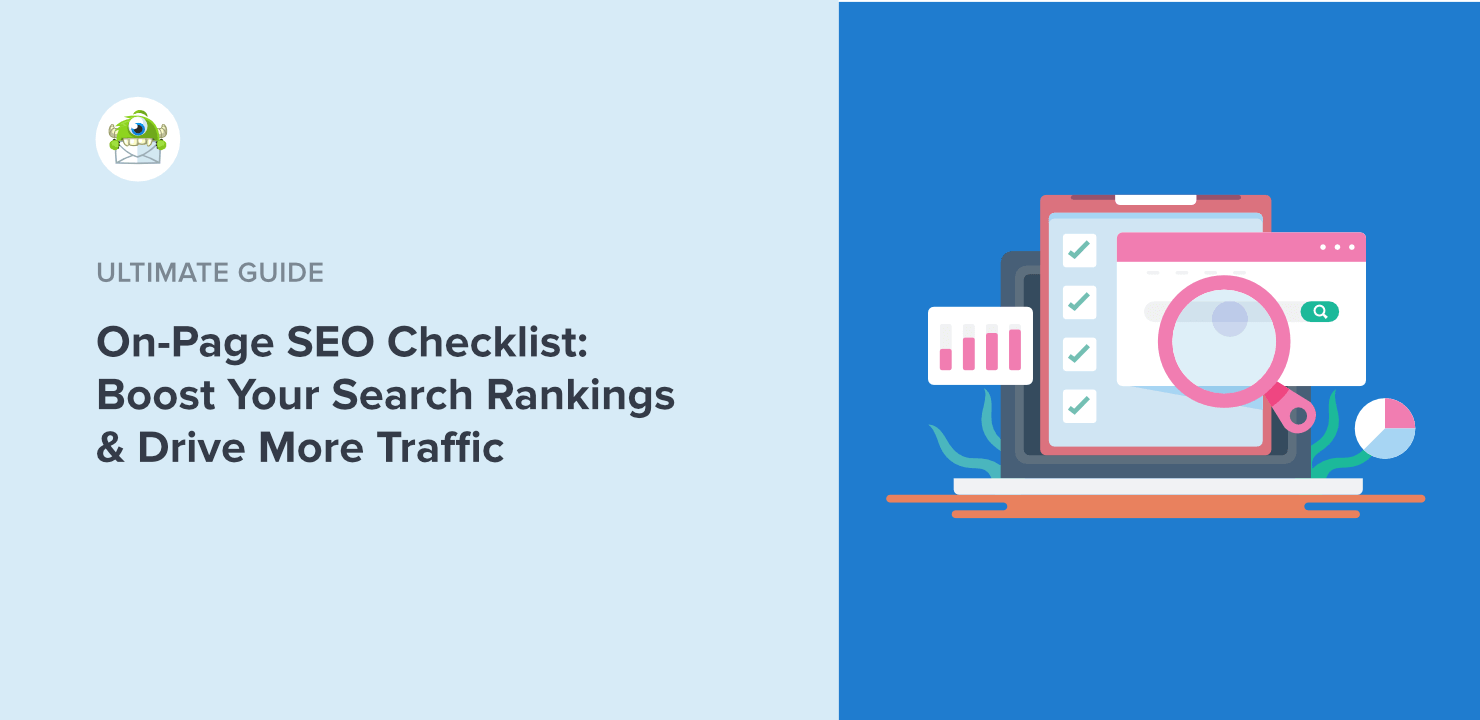[ad_1]
Google’s Gary Illyes answered a query about learn how to notify Google that somebody is poisoning their backlink profile with “poisonous hyperlinks” which is an issue that many individuals have been speaking about for not less than fifteen years.
Query About Alerting Google To Poisonous Hyperlinks
Gary narrated the query:
“Somebody’s asking, learn how to alert Google of sabotage through poisonous hyperlinks?”
And that is Gary’s reply:
I do know what I might do: I’d ignore these hyperlinks.
Usually Google is actually, REALLY good at ignoring hyperlinks which might be irrelevant to the positioning they’re pointing at. In the event you really feel prefer it, you may at all times disavow these “poisonous” hyperlinks, or file a spam report.
Disavow Hyperlinks If You Really feel Like It
Gary linked to Google’s explainer about disavowing hyperlinks the place it’s defined that the disavow instrument is for a web site proprietor to inform Google about hyperlinks that they’re liable for not directly, like paid hyperlinks or another hyperlink scheme.
That is what it advises:
“When you have a guide motion towards your web site for unnatural hyperlinks to your web site, or if you happen to suppose you’re about to get such a guide motion (due to paid hyperlinks or different hyperlink schemes that violate our high quality tips), you need to attempt to take away the hyperlinks from the opposite web site to your web site. In the event you can’t take away these hyperlinks your self, or get them eliminated, then you need to disavow the URLs of the questionable pages or domains that hyperlink to your web site.”
Google suggests {that a} hyperlink disavow is barely crucial when two situations are met:
- “You will have a substantial variety of spammy, synthetic, or low-quality hyperlinks pointing to your web site,
AND- The hyperlinks have brought on a guide motion, or probably will trigger a guide motion, in your web site.”
Each of the above situations have to be met with a purpose to file a sound hyperlink disavow instrument.
Origin Of The Phrase Poisonous Hyperlinks
As Google turned higher at penalizing websites for low high quality hyperlinks and paid hyperlinks, some within the extremely aggressive playing trade began creating low high quality hyperlinks to sabotage their opponents. The follow was referred to as unfavorable website positioning.
The phrase poisonous hyperlink is one thing that was by no means heard of till after the Penguin hyperlink updates in 2012 which required penalized websites to take away all of the paid and low high quality hyperlinks they created after which disavow the remainder. An trade grew round disavowing hyperlinks and it was that trade that invented the phrase Poisonous Hyperlinks to be used of their advertising and marketing.
Affirmation That Google Is In a position To Ignore Hyperlinks
I’ve shared this anecdote earlier than and I’ll share it right here once more. Somebody I knew contacted me and mentioned that their web site misplaced rankings from unfavorable website positioning hyperlinks. I took a glance and their web site had a ton of actually nasty trying hyperlinks. So out of curiosity (and since I knew that the positioning was this particular person’s principal earnings), I emailed somebody at Google Mountain View headquarters about it. That particular person checked it and replied that the positioning didn’t lose rankings due to the hyperlinks. They misplaced rankings due to a Panda replace associated content material difficulty.
That was round 2012 and it confirmed me how good Google was at ignoring hyperlinks. Now, if Google was that good at ignoring actually unhealthy hyperlinks again then, they’re in all probability higher at it now, twelve years later now that they’ve the spam mind AI.
Take heed to the query and reply on the 8:22 minute mark:
Featured Picture by Shutterstock/New Africa
[ad_2]






